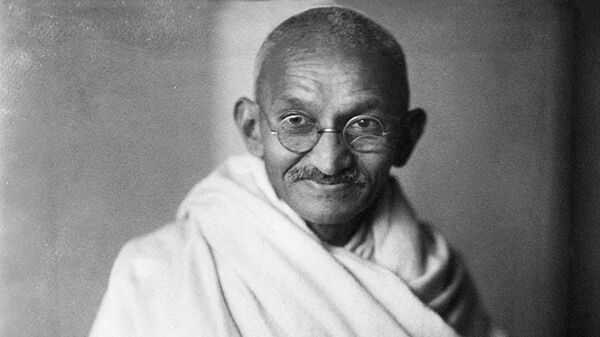Anti-CAA sentiment in Kerala can be summarised into a single development – the state has challenged the constitutionality of the CAA in the Supreme Court of India as an individual entity.
The coastal state has openly declared it will not implement the CAA and even passed a resolution against it in the state legislative assembly.
“Yes, it's a federal law. But Gandhiji has taught us one method of agitation - non-cooperation", Kerala State Finance Minister Thomas Isaac says.
As Kerala openly stated its stance in its appeal to the Supreme Court against CAA, other Indian states including Rajasthan, West Bengal, and Maharashtra followed.
CAA, which entitled non-Muslim migrants from Pakistan, Afghanistan, and Bangladesh who entered India before 2015 to apply for citizenships, has ignited outrage across the country. Violence-ridden protests and demonstrations have taken the country by storm.
On Thursday, Kerala Governor Arif Mohammad criticised his government’s move to challenge a federal law in the apex court.
“This is a breach of protocol and breach of courtesy. I will look into it whether the state government can go to the Supreme Court without the approval of the governor. If not the approval, they could have just informed me", the governor said.
He further stated that the resolution passed in the state assembly, which openly challenges the decision of the federal government, was not legally valid.
According to Issac, CAA is much more than it seems.
“CAA is an outright negation of the concept of citizenship enshrined in the Constitution. It isn't supposed to be circumscribed by any consideration of caste and religion", Issac defended his case against the controversial citizenship act.
The state of Kerala demonstrated a rare show of unity when the arch-rival political alliances in state - the ruling Left Democratic Front and United Democratic Front – came together to voice their dissent against the new citizenship law brought in by the ruling Bharatiya Janata Party (BJP)-led federal government.
Talking about the state’s history of communal harmony, the Kerala minister said: "Kerala has been a state where people have lived together in communal harmony, except a very few isolated incidents. It doesn't matter whether you are a minority or majority, most of the citizens of Kerala are rallying together saying that the National Register of Citizens and CAA have no place in the state and we will not cooperate with anything that has something to do with it (CAA or NCR)".
The new act, along with a proposed NRC - a supreme court monitored exercise to identify genuine citizens and deport illegal immigrants - are witnessing massive protests in different parts of the country, especially by the Muslim community which feels CAA is discriminatory in nature for granting citizenship on the basis of religion to Hindus, Sikhs, Christians, Parsis, Jains, and Buddhists and conspicuously excluding Muslims.
However, the Indian Home Minister Amit Shah clarified in Parliament that no Indian Muslim has anything to fear with the passing of the law, with Prime Minister Modi asserting on 12 January that the “law gives citizenship and does not snatch it from anyone”.





